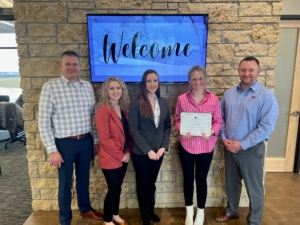
Pictured (left to right) are: Jeff Gruetzmacher, senior vice president and director, Royal Bank; Shania Sake, branch manager, Royal Bank; Cassandra Krause, executive director, Wisconsin Bankers Foundation; Elle Horn, 2022 Agricultural Banking Scholarship recipient; and Dan Ravenscroft, president and CEO, Royal Bank.
The Wisconsin Bankers Foundation, the non-profit arm of the Wisconsin Bankers Association, has awarded UW-Platteville freshman Elle Horn and UW-River Falls junior Colby Von Haden with the 2022 Agricultural Banking Scholarship. The scholarship is awarded annually to two students who are pursuing a career in agricultural finance and who demonstrate in their application a strong understanding of the importance of financial literacy.
Horn is a declared agribusiness major and is currently employed as a teller at Royal Bank in LaValle, Wis. Growing up on her family’s beef and dairy farm, Horn developed a passion for volunteering and educating those in her community on agricultural topics. She now enjoys regularly being involved with Block & Bridle, Future Farmers of America (FFA), and 4-H.
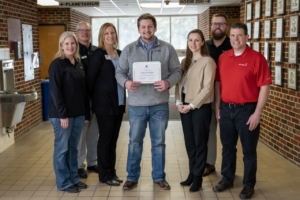
Pictured (left to right) are: Dr. Brenda Boetel, professor and department chair, University of Wisconsin – River Falls; Dr. Dean Olson, associate dean and professor, University of Wisconsin – River Falls; Cathy Asher, ag relationship manager, Security Financial Bank; Colby Von Haden, 2022 Agricultural Banking Scholarship recipient; Cassandra Krause, executive director, Wisconsin Bankers Foundation; Isaac Christenson, ag loan officer/credit analyst, Pillar Bank; and Michael DeLong, vice president – commercial/ag loan officer, Pillar Bank.
Von Haden is a declared agricultural business major expected to graduate in December 2023. He currently serves as the president of UWRF’s Beef Management Team as well as vice president of its Block and Bridle Club. Additionally, Von Haden is an active member of the university’s CAFES Student Advisory Council, Alpha Gamma Rho – Alpha Psi, and the Monroe County Jr. Fair Board. Previously, Von Haden worked as a business analyst intern at Bank First, Tomah.
“The commitment both Elle and Colby demonstrate to the agricultural industry and serving their communities is a fundamental aspect of the Wisconsin Bankers Foundation’s Agricultural Banking Scholarship,” said Foundation Chair Rose Oswald Poels. “I am pleased that we are able to honor Elle and Colby for their achievements with this scholarship and wish them much success in their future agribusiness careers.”


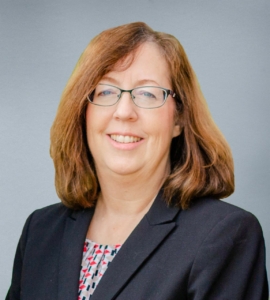 By Rose Oswald Poels
By Rose Oswald Poels

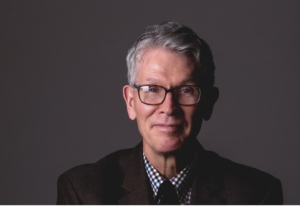

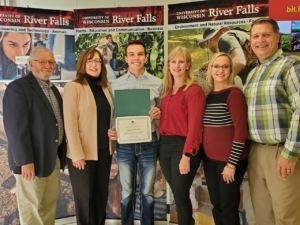
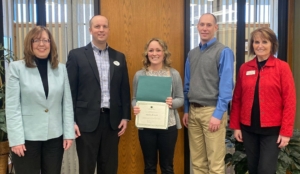

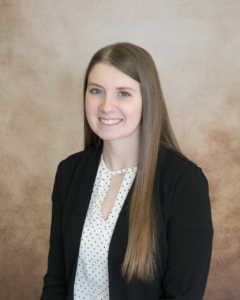 Last spring, Jenna Raisbeck was awarded the Wisconsin Bankers Foundation’s (WBF) Agricultural Banking Scholarship. Originally from Lancaster, Wisconsin, Raisbeck is now a junior at the University of Wisconsin–Platteville and holds a position as a credit analyst and branch marketing liaison at Community First Bank in Platteville.
Last spring, Jenna Raisbeck was awarded the Wisconsin Bankers Foundation’s (WBF) Agricultural Banking Scholarship. Originally from Lancaster, Wisconsin, Raisbeck is now a junior at the University of Wisconsin–Platteville and holds a position as a credit analyst and branch marketing liaison at Community First Bank in Platteville.
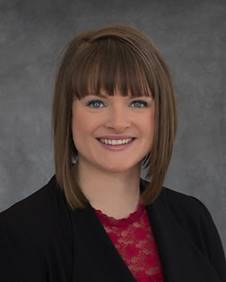 By Hannah Flanders
By Hannah Flanders
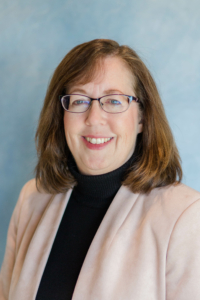 By Rose Oswald Poels
By Rose Oswald Poels